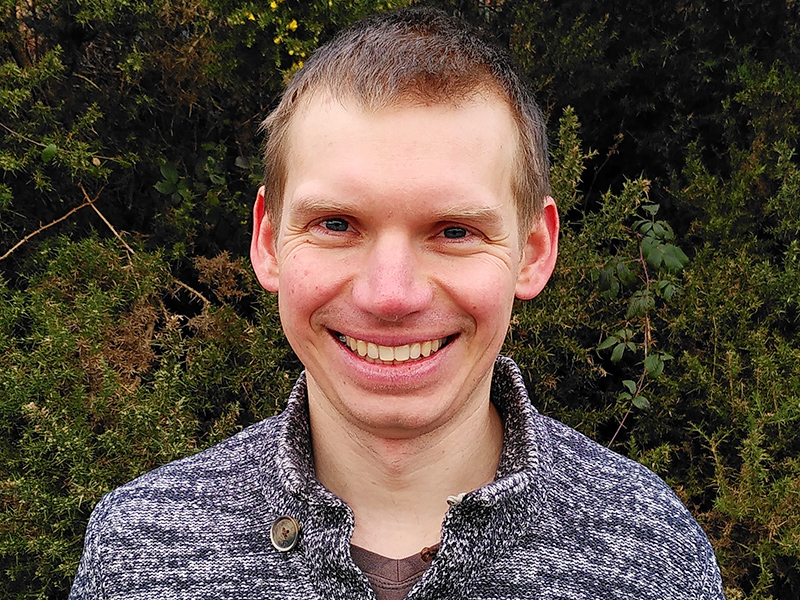Lukas Bunse reflects on this year's community wealth building summit
I am on the train back from this year's community wealth building summit in Manchester. At a time where good news often feels hard to come by, I am leaving the summit energised by interesting discussions and a lot of encouraging examples of communities taking their economic future into their own hands. It's hard to feel gloomy after a day like that.
For the uninitiated: community wealth building is a practical approach to redesigning local economies to make them more democratic and fair. It works to keep more of the wealth generated in a community or region to benefit all of the local population, rather than being extracted to distant shareholders.
Community wealth building actions are built around five key principles, such as redirecting local procurement spending to local co-operatives and social enterprises. Or transferring more ownership of land and other local assets into community ownership.
Community wealth building is a natural fit for supporting a Wellbeing Economy, as it shares common goals and values around economic democracy, community participation and environmental sustainability. It was very encouraging to see how the discussions at the conference naturally integrated the concepts of Wellbeing Economy, community wealth building and future generations thinking.
My interest was especially piqued by finding out how many local authorities in England have been taking on the challenge of system change, despite an often challenging political environment.
Whether it is through the development of wellbeing frameworks like Camden Council's Good Life Camden framework or the decision-making tool developed by West Midlands Combined Authority based on doughnut economics . Surely there are plenty of lessons here to be considered for Scotland.
The stories I heard at the conference brought into sharp relief that it is often at the local level where the current design of our economy negatively impacts our lives. Whether it is through failing social care delivered only for the benefit of global private equity firms or the lack of healthy local food options in a market dominated by giant corporations.
But, as we were reminded by the inspiring Grace Blakeley, it is also the collective organising for local causes that often empowers us to unlearn the damaging economic story we have been told.
By getting together to tackle the issues we care about we can transform anger and frustration into a new story of our economy, a story that is all about collectively creating good lives for all on a healthy planet. And it is this bottom-up power that will ultimately change the global system.
So let's not wait for permission and get organised.
Lukas Bunse is policy and knowledge lead at WEAll Scotland







